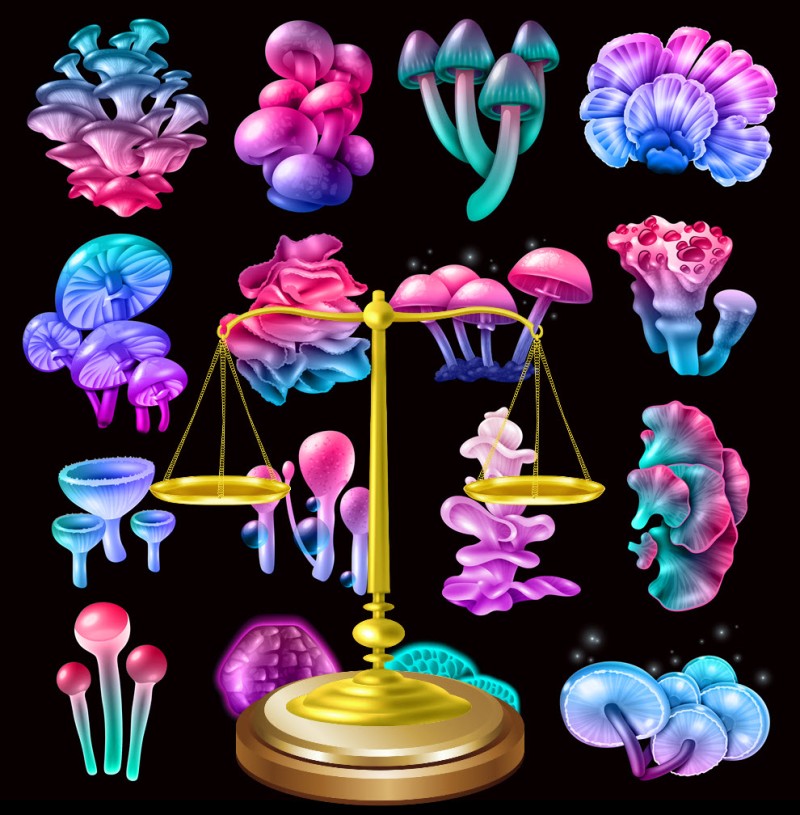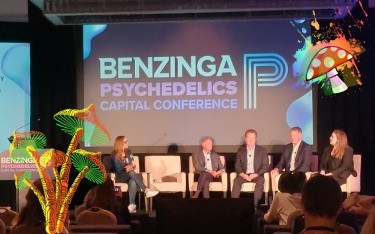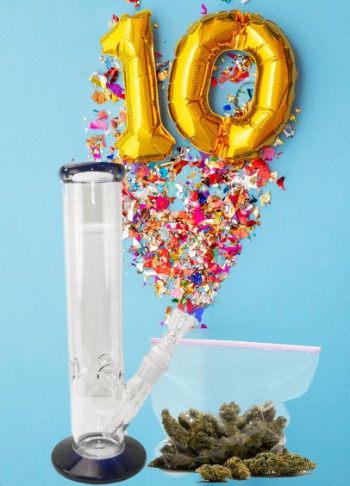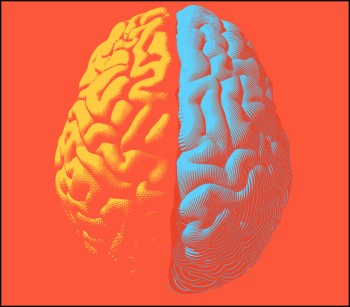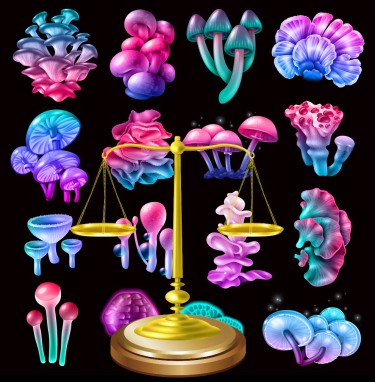
Following voters' narrow approval of a measure on the 2022 November ballot, Colorado became the second state in the U.S. to legalize the use of psychedelic drugs. This decision indicates the increasing acceptance and use of psychedelic substances nationwide. So far, a dozen counties and cities in the U.S. have decriminalized psilocybin or psilocin, two psychedelic compounds found in "magic mushrooms."
As we covered at the Benzinga Psychedelics Show in Miami, what states are more being more progressive about LSD, mushrooms, and psilocybin, and which states are slow to join the psychedelic movement?
Oregon, the first state to legalize psilocybin, allows patients to consume psilocybin at regulated and licensed "healing centers." Colorado has followed suit by approving Proposition 122. This measure allows for the personal use of psychedelic mushrooms across Colorado by adults aged 21 and over.
The "Natural Medicine Health Act" enables Colorado to establish state-regulated "healing centers," assisting in providing psychedelic therapy for individuals with mental health concerns. Nevertheless, despite being legal in over a dozen states, including Denver, psilocybin and other psychedelic substances remain illegal at the federal level and in most states.
More States Push For Psilocybin Legislation
Recently, there has been a flurry of activity concerning psilocybin legislation nationwide. Three states are advancing various forms of regulation for psychedelic drugs, focusing on the compound found in mushrooms, psilocybin.
Iowa
Iowa lawmakers have recommended the passage of H.B. 240, a Republican-backed bill, on April 11. If approved, this legislation would decriminalize both psilocin and psilocybin, the active chemical compounds found in magic mushrooms. The bill proposes to remove these two substances from the Schedule I list of controlled substances in the state.
Sponsored by Republican Representative Jeff Shipley, the simple bill to decriminalize psilocybin and psilocin in Iowa was approved by the House's Public Safety Committee with a unanimous 3-0 vote.
Hawaii
Hawaii's legislature sponsored HB 1340 in January 2023 to create an advisory board that studied, assessed, and suggested brand-new pharmaceutical treatments for mental health. The committee will thoroughly examine all current federal, state, and local laws, rules, administrative policies, and practices pertaining to mental health treatment.
To guarantee that therapeutic psilocybin, methylenedioxymethamphetamine (MDMA), and psilocybin-based products are easily accessible, safe to use, and reasonably priced for adults age 21 and older, HB 1340 formed the advisory committee in Hawaii. The plan is meant to be a long-term approach to accomplishing this objective. After receiving unanimous support and amendments in committee on April 4, the measure faces dissents in both the Senate and House.
Washington
Washington State has formed a working advisory group to guide lawmakers regarding psilocybin regulations. The recently passed S.B. 5263 also aims to regulate psilocybin treatment centers for individuals 21 or older. The bill was approved on April 14 by the Washington State Senate, with 40 members voting in favor, four against, and five abstaining.
As per the law, the University of Washington Department of Psychiatry and Behavioral Sciences will set up a pilot program no later than January 1, 2025. This program will treat first responders and veterans with mood disorders, PTSD, or substance abuse disorders.
Democratic Senator Jesse Salomon sponsored the legislation, which aims to enable the creation of safe, affordable, and legal psilocybin service centers in Washington. The legislation also aims to prevent diverting psilocybin products to other states. The advisory group is expected to deliver its final report within approximately one year.
Growing Support for Psychedelic Legalization
The increasing amount of research supporting the therapeutic potential of psychedelic substances is frequently cited by proponents of their legalization. Most studies, as highlighted in a report by Johns Hopkins Medicine, focus on using psychedelics to treat;
-
Addiction or substance use disorder (SUD)
-
PTSD
-
Anxiety
-
Eating disorders
-
Depression
The Journal of Psychopharmacology's publication on February 15, 2022, reported that individuals with a prolonged history of depression exhibited substantial reductions in depression following psilocybin treatment. Twenty-seven individuals were enlisted for the study, with 88% having previously undergone standard antidepressant treatments. Twenty-four participants were administered two doses of psilocybin spaced about two weeks apart.
As per a press release from John Hopkins, the outcomes revealed that depression severity remained low at one, three, six, and twelve months after the psychedelic therapy.
Roland Griffiths, a professor at the Johns Hopkins University School of Medicine and founder of the Johns Hopkins Center for Psychedelic and Consciousness Research, stated that psilocybin offers significant and long-lasting effects. It may be an innovative and valuable treatment option for depression. In contrast to typical antidepressants that necessitate extended usage, psilocybin has the potential to alleviate depression symptoms enduringly with just one or two treatments, as per the statement.
Addictive Tendency of Psychedelics
According to the National Institute on Drug Abuse (NIDA), there is evidence to suggest that some psychedelic drugs can be addictive and habit-forming, resulting in individuals developing a tolerance to them. Psilocybin and other psychedelic substances are classified as hallucinogens due to their mind-altering effects, including hallucinations and out-of-body experiences, which can make them appealing for recreational use.
Individuals may abuse psilocybin mushrooms and other substances to disengage from reality or deal with stress. Depending on the quantity consumed, the immediate effects of psilocybin and other hallucinogens can include the following:
-
Extreme paranoia
-
Psychosis
-
Increased breathing rate, blood pressure, and body temperature
-
Dry mouth
-
Loss of appetite
-
Relaxation
While uncommon, evidence indicates that psychedelic use can lead to long-term effects, such as persistent psychosis resulting in visual disturbances, disorganized thinking, and mood swings. Hallucinogen persisting perception disorder (HPPD), characterized by recurring hallucinations and flashbacks without warning, is another possible long-term effect. Additionally, the NIDA emphasizes that further research is necessary to establish the full extent of tolerance and addiction potential for various hallucinogens.
Conclusion
The stigma associated with psilocybin and other psychedelic drugs is gradually slipping away as more states in the U.S. investigate its potential advantages for mental health and personal development. The prospects for the future of mental health treatment are encouraging as ground-breaking legislation is put out and enacted. In the upcoming years, it's conceivable that many more jurisdictions will follow suit as the study into the potential advantages of these compounds continues. The path to psychedelic medicine's potential role in treating mental illness is just being toured.
